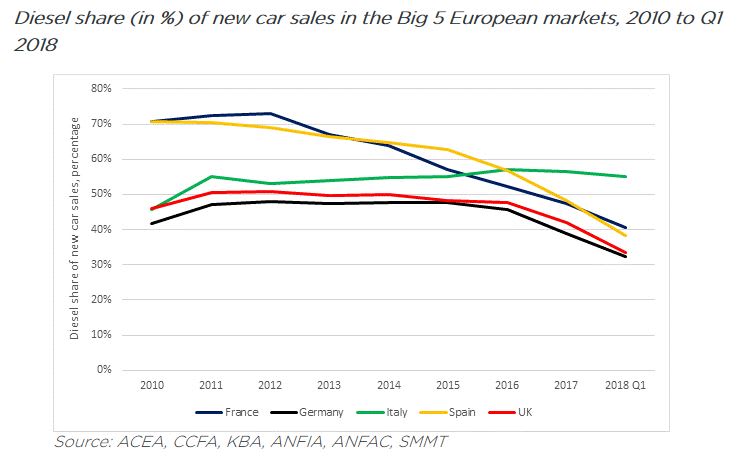pietro82
Automotive
- Mar 14, 2012
- 189
Hi all,
I am aware that idling is fuel inefficient and a waste of fuel, but I guess that it is not always convenient to turn the engine off, since the turning on requires more energy than idling. So, I think that for long periods, turning the engine off is more fuel efficient than idling, but not for very short periods. Is there any study or paper that reports when it is more efficient to idle than turning off the engine?
Thank you so much.
Best regards,
Pietro
I am aware that idling is fuel inefficient and a waste of fuel, but I guess that it is not always convenient to turn the engine off, since the turning on requires more energy than idling. So, I think that for long periods, turning the engine off is more fuel efficient than idling, but not for very short periods. Is there any study or paper that reports when it is more efficient to idle than turning off the engine?
Thank you so much.
Best regards,
Pietro

